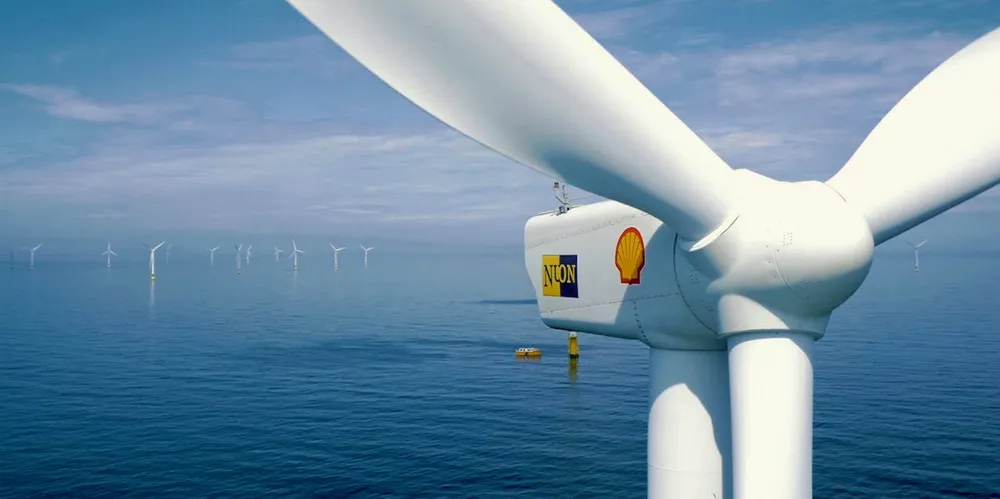Oil giant Shell and Mitsubishi's Eneco reunited for new Dutch zero-subsidy offshore wind bid
Partnership that won in 2020 will enter latest contest for twin-zone 1.4GW North Sea area

Partnership that won in 2020 will enter latest contest for twin-zone 1.4GW North Sea area
